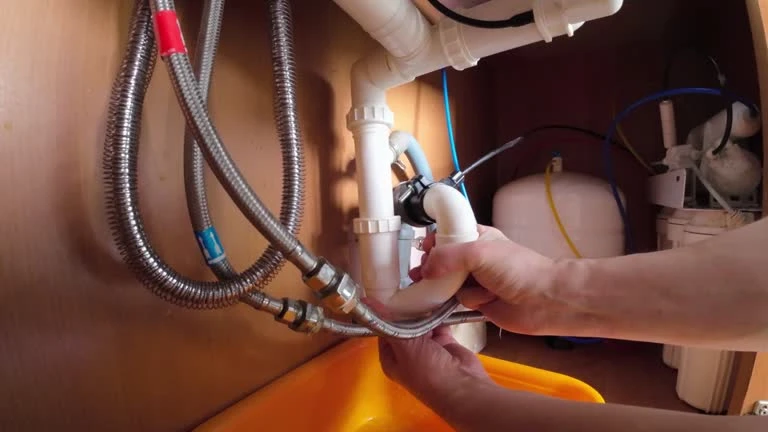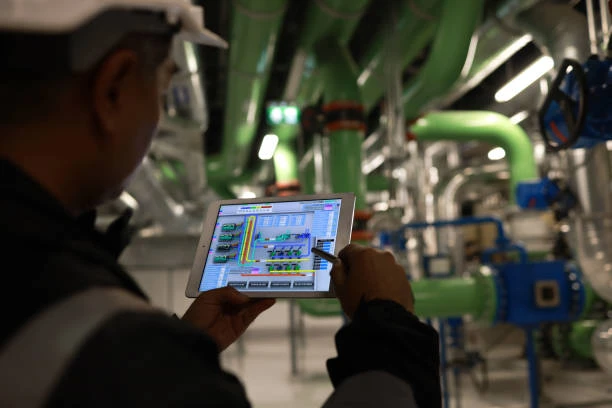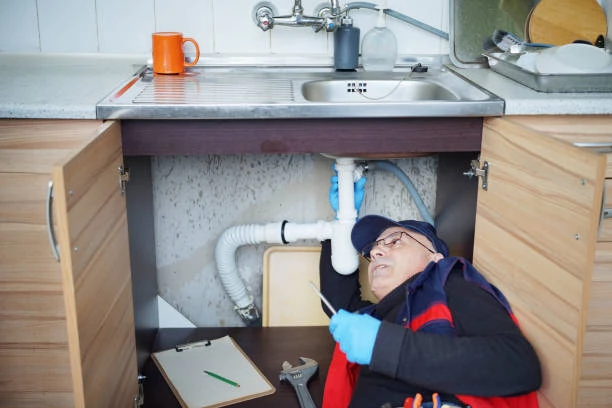Introduction to Ball Valves in Food Processing
Ball valves are essential components in food processing systems. They control the flow of liquids, gases, and powders, helping maintain efficient and safe operations. Hygiene is paramount in the food industry, as even the slightest contamination can compromise product quality and safety. A 3-way ball valve 1/8 is commonly used in food processing applications due to its compact size and ability to handle small flow rates. This article explores the hygiene requirements of ball valves in food processing, highlighting their importance in maintaining clean, safe environments for food production.
Materials and Surface Finish
The materials used to manufacture ball valves are critical in ensuring food safety. In food processing, it’s essential to select materials that are non-reactive and resistant to corrosion, as these properties prevent contamination. Stainless steel, particularly grades 304 and 316, is commonly used in food-grade ball valves. These materials resist corrosion, withstand high-pressure cleaning, and prevent the buildup of harmful substances. The surface finish of the ball valve is also crucial; a smooth surface reduces the likelihood of bacteria accumulating in hard-to-reach places. The 3-way ball valve 1/8, with its smooth and durable stainless steel construction, meets these hygiene standards, making it ideal for food processing systems.
Valve Design and Cleanability
The design of the ball valve significantly impacts its ease of cleaning and ability to maintain hygiene. In food processing, valves must be designed to eliminate any areas where bacteria can accumulate. Regular cleaning procedures must be implemented to ensure these valves do not become breeding grounds for harmful bacteria, which could contaminate the food product.
Preventing Contamination in Food Systems
Preventing contamination is a primary concern in food processing. The seals used in ball valves must be food-grade and resistant to degradation from cleaning agents or food products. These valves typically feature FDA-approved seals and gaskets, preventing contamination from external sources. Moreover, valves must be easy to disassemble for thorough cleaning, ensuring that no residue remains inside the system. Regular inspection and cleaning of the valves help maintain the hygienic integrity of the food processing system.
Cleaning and Sanitization of Ball Valves
Cleaning and sanitizing ball valves in food processing systems is essential to maintain hygiene standards. The 3-way ball valve 1/8, made from stainless steel, can endure harsh cleaning processes without degrading. These systems circulate cleaning agents through the system, effectively removing contaminants.
Role of Ball Valves in Preventing Cross-Contamination
Ball valves in food processing systems play a key role in preventing cross-contamination between different food products. In systems where multiple food products or ingredients are processed, valves must be used to isolate different product lines.
Maintenance and Inspection of Ball Valves
Routine maintenance and inspection are essential for keeping ball valves in optimal working condition in food processing systems. Regular inspections ensure that the valves continue to meet hygiene standards and operate effectively. Operators should check for signs of wear, corrosion, or leaks, as these can compromise valve performance and food safety. Replacing worn seals and gaskets promptly ensures that the valve maintains its sanitary conditions. Routine maintenance minimizes the risk of valve failure, preventing potential contamination or downtime in food production systems.
Conclusion: Ensuring Food Safety with Hygiene-Compliant Ball Valves
Hygiene is a critical concern in food processing, and ball valves, such as the 3-way ball valve 1/8, are essential to maintaining clean and safe systems. By selecting the right materials, ensuring proper valve design, and implementing regular cleaning and maintenance procedures, food processors can prevent contamination and ensure food safety. Ball valves must meet stringent hygiene standards to withstand the demands of food production environments, particularly when exposed to harsh cleaning agents and high temperatures. By investing in high-quality, hygienic ball valves and ensuring their proper care, food processors can maintain the highest standards of food safety and quality.
IFAN Products international standards
IFAN products strictly adhere to a comprehensive range of international standards, encompassing ISO 15874, EN 15874, ASTM F2389, DIN 8077/8078, GB/T 18742, NBR 15884, ISO 15494, EN ISO 15494, GB/T 19472, NBR 15494, ASTM 2846 (501), DIN 8079/8080 (502), ASTM F441/F441M SCH80 (503), DIN (504), DIN (505), GB/T 18993, AS/NZS 1477, CSA B137.6, NSF/ANSI 14, TIS 17-2532/1131-2535, BS 3505, BS 4346 (801), ASTM D1785 SCH40 (802), ASTM D1785 SCH80 (803), DIN (804), GB (805), GB (806), GB(901), DWV(902), ASTM D2665 (903), along with ASTM D2241, D2665, D2729, and F441/F441M series, ISO 1452, EN ISO 1452, DIN 8061/8062, GB/T 10002, AS/NZS 1477, JIS K6741, CSA B137.3, and other national and industry norms.
Connect
IFAN is a Chinese manufacturer of plastic pipes, fittings and valves with 30 years of experience. If you are interest in IFAN copper fittings, copper valves, plastic pipes and fittings, please contact us. IFAN offers you a variety of standard pipes to meet your specific needs. Click below to learn more about IFAN’s wide range of affordable and cost-effective valve products and piping system related products.
We will reply your email or fax within 24 hours.
You can call us at any time if there is any question on our production.
For more information,pls visit our webside https://waterpipefitting.com/
Pls Mailto: [email protected]
Whatsapp: +86 15088288323














Recent Comments